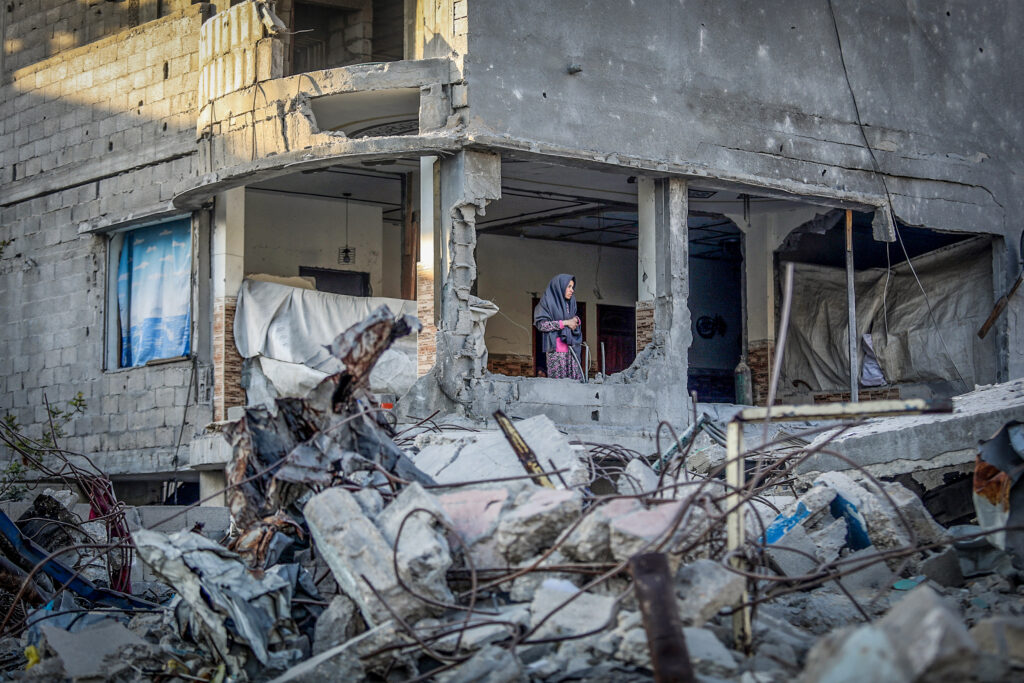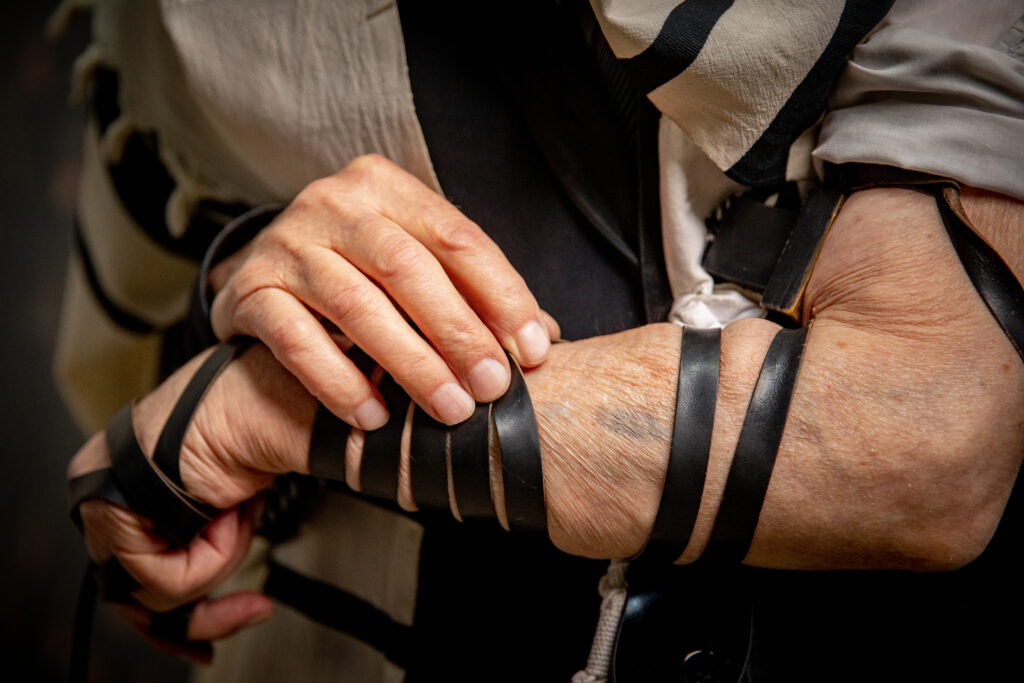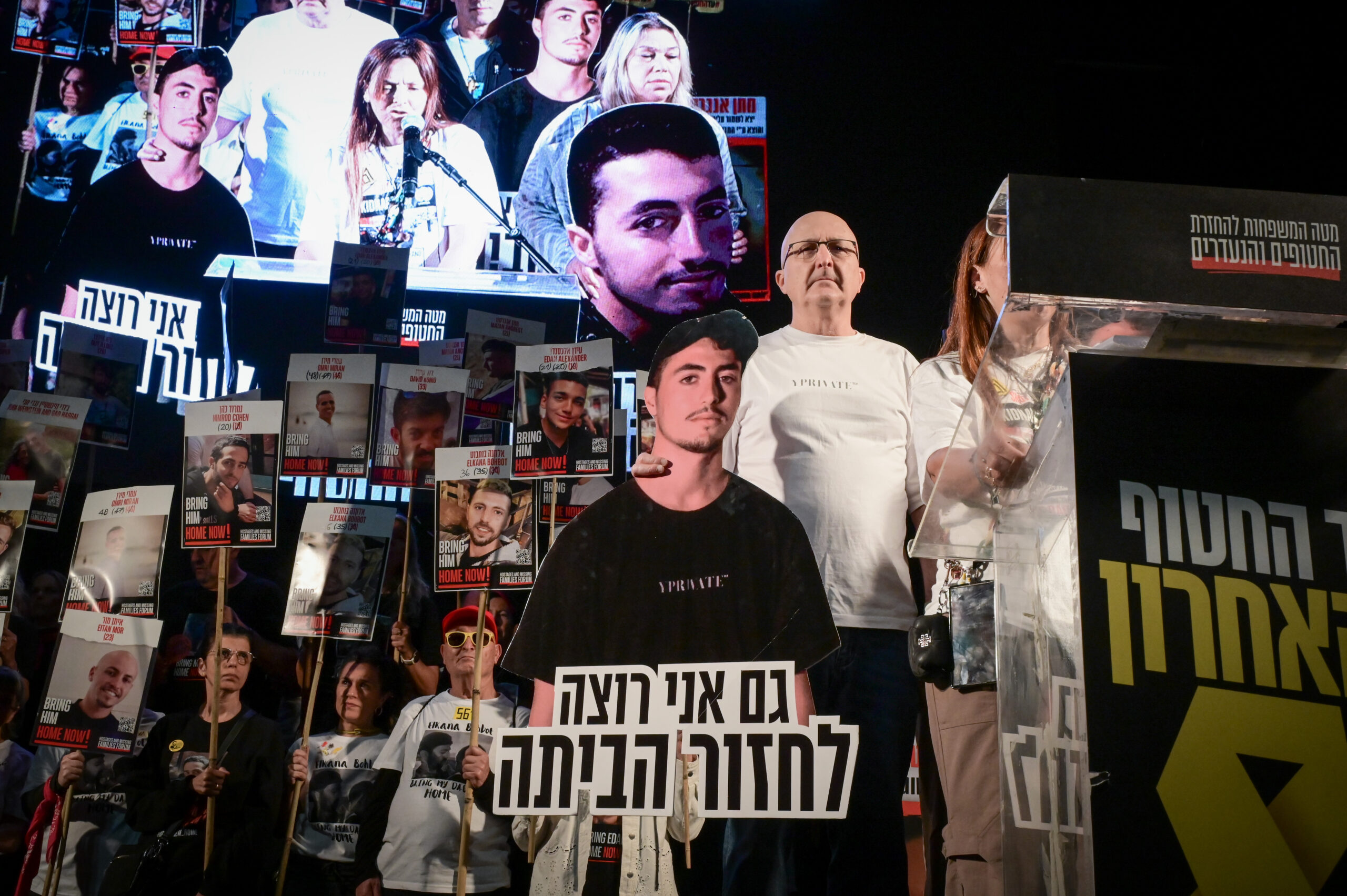New Ceasefire Deal Floated in Cairo Talks with Hamas
Efforts to end the ongoing war in Gaza may be gaining momentum, as Qatari and Egyptian negotiators have presented Hamas with a far-reaching ceasefire proposal during renewed talks in Cairo.
According to a report by the BBC, the deal includes a truce lasting between five and seven years, the release of all Israeli hostages in return for Palestinian prisoners, and a complete Israeli withdrawal from the Gaza Strip. Perhaps most notably, it proposes a new governing body for Gaza—potentially signaling the end of Hamas’s long-standing control since its 2007 takeover.

Though Israel has yet to publicly respond, Hamas is reportedly open to the idea of relinquishing authority to a Palestinian leadership entity with broad domestic and regional support.
The talks follow Hamas’s recent rejection of a separate Israeli proposal offering a six-week ceasefire in exchange for disarmament and the return of captives. Prime Minister Benjamin Netanyahu has remained firm: the war, he insists, will continue until Hamas is dismantled and all hostages are brought home.
The conflict erupted after the deadly October 7, 2023 attacks, when Hamas-led gunmen killed around 1,200 people—mostly civilians—and abducted 251 others into Gaza. Israel launched a sweeping military campaign in response, vowing to eliminate the terror group’s operational capability.

As of Tuesday, no official Israeli statement had been made regarding the new Cairo initiative.
20 Terror Suspects Arrested in Overnight Raids Across Judea and Samaria
Israeli security forces arrested 20 wanted Palestinian terror suspects overnight Sunday during a coordinated operation spanning multiple locations in Judea and Samaria, the Israel Defense Forces (IDF) confirmed Monday.
In one raid at the Nur al-Shams refugee camp near Tulkarem, soldiers uncovered and neutralized several explosive devices. Meanwhile, six suspects linked to rock-throwing incidents targeting Jewish motorists were detained in the al-Aroub area near Bethlehem.
All individuals were taken in for questioning.
Jerusalem police also apprehended two residents from the city’s eastern neighborhoods for hurling stones at passing vehicles on a main road—an act police say posed serious danger to civilians. Authorities shared video footage of the incident.
כוחות הביטחון פעלו במהלך הלילה ברחבי יהודה ושומרון לסיכול טרור, במסגרת הפעילות הכוחות עצרו 20 מבוקשים.
— צבא ההגנה לישראל (@idfonline) April 21, 2025
במהלך פעילות כוחות צה"ל מחטיבת כפיר אמש, כחלק מהמבצע בצפון השומרון, הכוחות איתרו מצבור מטענים בנור א-שמס שבחטיבת אפרים והשמידו את כלל המטענים>> pic.twitter.com/UIvioQWRKm
“The IDF will continue to act decisively to neutralize threats and ensure the safety of Israeli citizens,” the military said in a statement.
Separately, on Sunday night, a Palestinian gunman was shot and killed after opening fire on troops stationed at the Homesh checkpoint in northern Samaria. No Israeli injuries were reported.
According to Rescuers Without Borders, Judea and Samaria saw over 6,300 attacks on Israeli Jews in 2024, including nearly 3,700 rock-throwing incidents and 179 shootings. Twenty-seven Israelis were killed and more than 300 injured during the year.
Prime Minister Netanyahu has previously warned that increased violence in the region may signal the emergence of a “more intense front,” prompting heightened counter-terror operations.
Holocaust Survivors Dwindling: Just 66,250 Expected by 2035
A sobering new report from the Conference on Jewish Material Claims Against Germany paints a stark picture of the future: by 2035, only an estimated 66,250 Holocaust survivors will remain globally—less than one-third of today’s population.
Titled Vanishing Witnesses, the report highlights the urgency of preserving firsthand accounts as time runs out. Of the 220,800 survivors currently living in 90 countries, the average age is 87, and just 0.6%—about 1,400—are over 100 years old. More than half reside in Israel.
In terms of projections: the U.S. survivor population is expected to decline by nearly 40% by 2030. In former Soviet states, the drop could be as high as 54%. Even in Israel, where the community is largest, numbers are projected to fall by 43% over the next five years.

“This report underscores the need to act now,” said Gideon Taylor, president of the Claims Conference. “We must amplify survivor voices in schools, synagogues, and public forums before it’s too late.”
Greg Schneider, the group’s executive vice president, emphasized the importance of accurate data for future planning. “We support more than 300 agencies worldwide that provide care for survivors. Knowing where they are and what they need is essential.”
Survivors themselves are raising their voices. “We’re the last witnesses,” said Pinchas Gutter, a survivor of the Warsaw Ghetto uprising. “We have a piece of history no one else can tell. We’re counting on this generation to listen—and the next to carry our stories forward.”
For many, the drive to share their memories is deeply personal. “My mother lived through unimaginable horrors and chose to teach love, not hate,” said Vladimir Shvetz, son of 110-year-old survivor Nechama Grossman. “Her story must be remembered. Her past must not become our future.”





